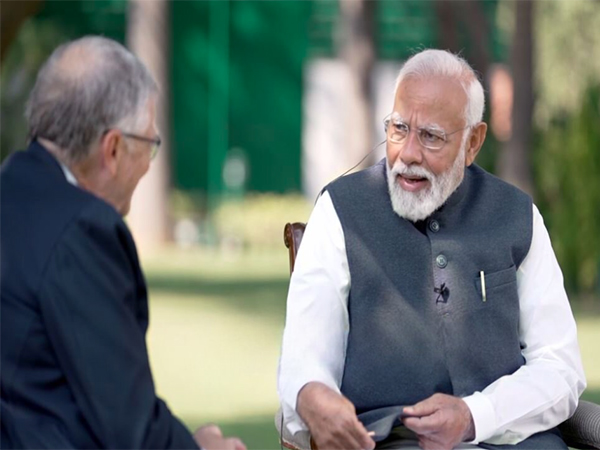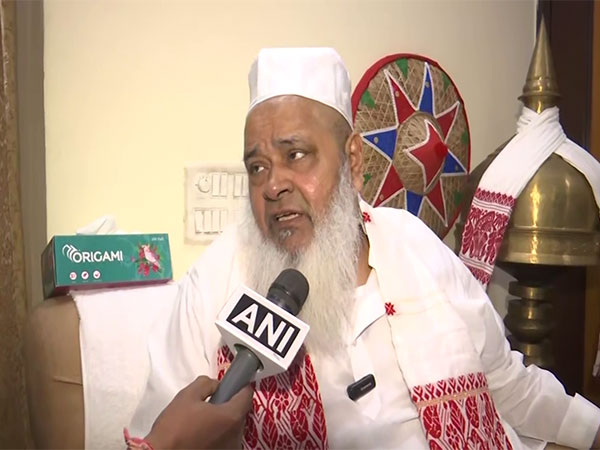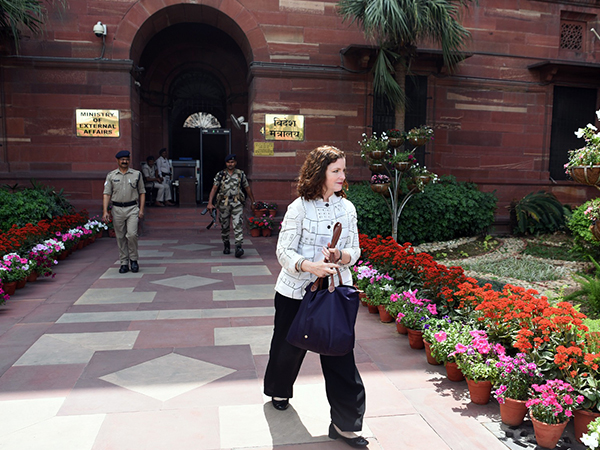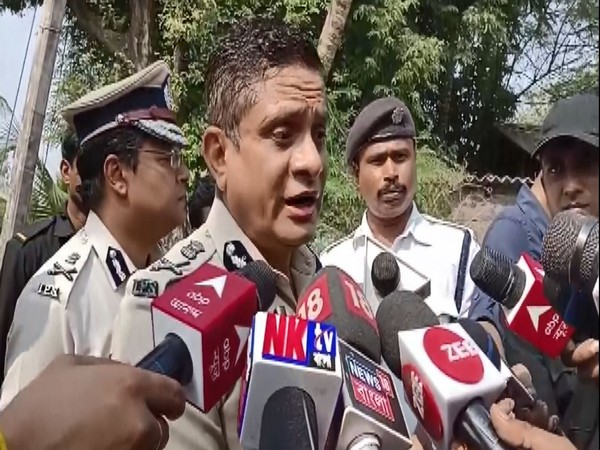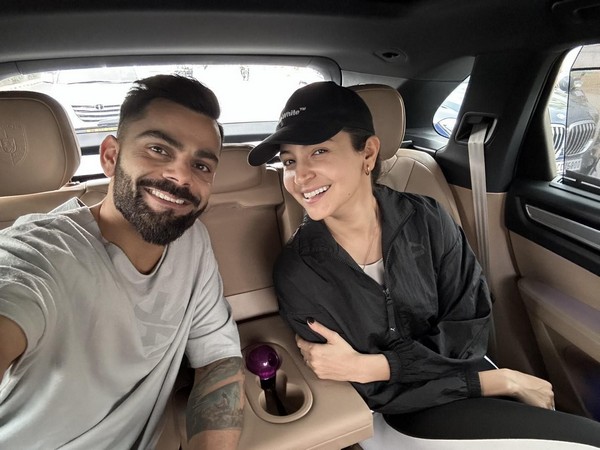Praising the defence partnership between the two nations, US Ambassador to India Eric Garcetti has said that both the US and India are looking for solutions together amid the ongoing shift in nature of warfare.
He also affirmed that both the deals between India and the US regarding jet engine and predator drones are very much on track.
While speaking to ANI, Garcetti said, “You actually prefer a defence partner, which is very high-level, very unique, and something that happened a couple years ago between the US and India. And I hope it’s the beginning of many things.”
“We’re looking at armoured cars and howitzers together,” he added.
Highlighting the changing scenario in the Red Sea, Garcetti said it is now a need to develop weapons that can confront the new nature of war.
“We need to develop also weapons that can confront the new nature of war. We’re seeing this in the Red Sea right now, that cheap drones and other cheaply-made missiles can only be brought down today by a million-dollar missile and defence. The nature of warfare is changing, and I think that the US and India are looking for solutions together,” he said.
Tensions in the Red Sea region have been escalating following repeated attacks by Houthi rebels on ships, putting immense pressure on trade, globally.
The Houthis initially said that they would target Israel-linked ships in a show of solidarity with Palestinians in Gaza, but later expanded their targets to include vessels linked to the United Kingdom and the US.
The US and the UK have responded by hitting Houthi targets in Yemen multiple times, characterising the Houthi attacks as indiscriminate and a threat to global trade.
According to US Central Command, the goal of this multi-national effort is to defend their own countries, their partners, and allies in the region and restore freedom of navigation by destroying Houthi capabilities used to threaten US and partner forces in the Red Sea and surrounding waterways.
Meanwhile, when Garcetti, was asked about the negotiations on the deal on predator drones and jet engines between the US and India, he clarified by saying that it is not stuck at all.
“So the predator drones moved forward. Now we’re awaiting India’s last signature, essentially, but it went through the congressional notification. It was accelerated. It went ahead of some other things. It jumped the queue, showing the priority and how important we saw this deal. And even in the quote unquote, some people were predicting rockier times because of what we talked about earlier. It actually went through and shows the strength of this relationship. So those are in a great place,” Garcetti told ANI.
Regarding the jet engines, the US envoy said, “And then the engines also, you know, that will take years for engines to be made because they’re very complicated, most exquisite technology we’ve ever shared with anybody, including some of our closest allies that we have not shared this kind of technology with.”
He said that both the deals are 100 per cent on track, while adding that it is his job to help GE (General Electric) and HAL (Hindustan Aeronautics Limited), to try to get their ecosystems accelerated regarding the same.
“Both are 100 per cent on track. We’re satisfied. Indians are satisfied. My job, and I think My Indian counterparts would say the same, is to help GE and HAL, which is the local manufacturer here, domestic manufacturer, try to get their ecosystems accelerated so that we can see those in the Indian plains sooner than later,” Garcetti affirmed.
The Biden Administration notified the US Congress in February this year, of its intent to sell nearly 4 billion dollars worth of arms, comprising mainly of the MQ 9 B Drones armed with Hellfire missiles.
The Defence Security Cooperation Agency, which is an agency within the US Department of Defence, said in a press release that the sale helps strengthen the US-Indian strategic relationship.
It added that New Delhi continues to be an “important force for political stability, peace, and economic progress in the Indo-Pacific and South Asia region.”
“The US State Department has made a determination approving a possible foreign military sale to the Government of India of MQ-9B remotely Piloted Aircraft and related equipment for an estimated cost of USD 3.99 billion. The Defence Security Cooperation Agency delivered the required certification notifying Congress of this possible sale today,” the Defence Security Cooperation Agency said.
According to the statement, the Indian government has requested to buy 31 MQ-9B Sky Guardian aircraft; 161 Embedded Global Positioning and Inertial Navigation Systems (EGIs); 35 L3 Rio Grande Communications Intelligence Sensor Suites; 170 AGM-114R Hellfire missiles; 16 M36E9 Hellfire Captive Air Training Missiles (CATM); 310 GBU-39B/B Laser Small Diameter Bombs (LSDB); and eight GBU-39B/B LSDB Guided Test Vehicles (GTVs) with live fuzes.
The proposed sale will support the foreign policy and national security objectives of the United States by helping to strengthen the US-Indian strategic relationship and to improve the security of a ‘major defence partner’ that continues to be an “important force for political stability, peace, and economic progress in the Indo-Pacific and South Asia region,” the release stated.
Earlier in 2023, US General Electric (US GE) announced that it had inked an agreement with Hindustan Aeronautics Limited (HAL), the government’s aerospace and defence manufacturing firm, to jointly manufacture engines in India to power fighter jets for the Indian Air Force.
The agreement includes the potential joint production of GE Aerospace’s F414 engines in India. (ANI)
For more details visit us: https://lokmarg.com/


